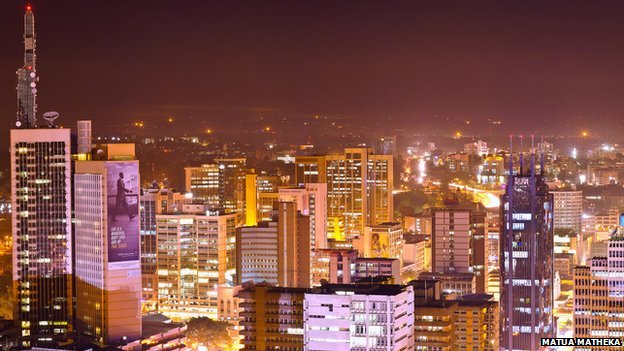IBM's three year old supercomputer, called Watson, might be used in Africa to “leapfrog” the continent's economy and lead to better agriculture, better education, and better health. 
Watson could push already booming African economy over other markets
According to BBC Uyi Stewart, the chief scientist in Africa for IBM Research, the system could led to a drastic transformation of education and healthcare. As a supercomputer, Watson can analyze a crushing amount of data in record time, a skill that would definitely come in handy especially when combined with the amount of information the AI has access to. People can ask the AI system anything—even if their computer access is limited or in some cases nonexistent.
Using any smartphone or mobile device with internet access, schools and users can connect to the cloud-based AI and easily have their questions answered. As Watson also has “natural language processing,” according to Stewart, the system can even reason with itself and with users.
While the system, which was worked on as Project Lucy—after the oldest fossil of a human ancestor we’ve ever found—will take around a decade to actually complete, it’s sure to have a profound impact on a multitude of the problems in Africa, as well as allowing its economy to “leapfrog” over other markets. It also cost around $100 million to create, which is around the same amount IBM has made from their AI since it came out three years ago.
Doctors or medical personnel in the field could use Watson’s knowledge and reasoning capabilities to identify and better treat illness, even feed it data so the AI could come up with ways to prevent certain diseases. Schools could use the same capabilities to gain access to information previously out of reach, improving education. The system could even benefit farming and agriculture, by using data mining to predict the weather or come up with the best way to grow or treat crops.
While Watson has already had great success for a delivery firm in Laos for improving delivery times and scheduling, IBM is still working on creating a business unit that will allow the system to be more accessible to the people that need it.
Source BBC
Advertisement
Learn more about Electronic Products Magazine





